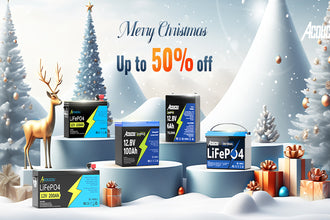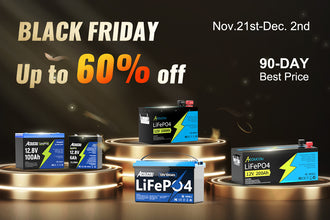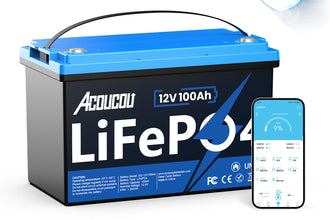

A Comparison of Prismatic and Pouch Cells-Acoucou Batteries Guide
In the realm of lithium-ion battery technology, the design and structure of the battery cells play a pivotal role in determining their performance and applicability across various industries. Two prominent designs that have gained widespread attention are prismatic and pouch cells. Understanding the differences and advantages of these two cell types is crucial for engineers, manufacturers, and consumers alike.
What are Prismatic Cells?

Its shell is made of aluminum alloy, stainless steel, and other materials, and the internal structure of the battery can be either wound or laminated. High structural strength and good ability to withstand mechanical loads. The group structure is simple, and the energy density is relatively high. The protection is better than pouch cells.
Features
- Shape:Prismatic cells have a standardized rectangular or square shape, making them well-suited for applications where a robust and consistent form factor is required.
- High Energy Density:These cells are known for their high energy density, which allows them to store a significant amount of energy relative to their size and weight.
- Good Thermal Performance:The larger surface area of prismatic cells facilitates efficient heat dissipation, contributing to their good thermal performance and reducing the risk of overheating.
- Robust Design:Prismatic cells are designed to be rigid and able to withstand more stress, making them suitable for demanding applications such as electric vehicles and energy storage systems.
- Manufacturing Costs:Because of the rigid case design and the complexity of manufacturing processes, the cost of prismatic cells is higher.

What are Pouch Cells?
Pouch cells often use aluminum plastic film as the outer shell, with flexible size changes and low cost. The energy density of a single cell is higher than that of a prismatic cell.
Features
- Flexibilityand Lightweight: Pouch cells are enclosed in a soft, flat aluminum or metal laminate pouch, making them flexible and light.
- High Energy Density:Pouch cells exhibit excellent energy density, contributing to their appeal in industries where maximizing energy storage capacity in a compact space is essential.
- Customizable Shape:The flexible nature of pouch cells allows for custom shapes to fit specific device designs, making them ideal for applications such as consumer electronics, wearable technology, and portable electronic devices.
- Cost-Effectiveness:Pouch cell manufacturing processes can be relatively cost-effective due to simplified construction and materials.
Application

According to the different characteristics of the two kinds of cells, they are usually applied in the following scenarios.
Prismatic Cells
- Electric Vehicles (EVs):Prismatic cells are commonly used in electric vehicle battery packs due to their high energy density, good thermal performance, and robust design, which are essential for powering electric cars, buses, and other vehicles.
- Energy Storage Systems:These cells are employed in stationary energy storage applications, such as grid-scale energy storage and residential energy storage units, where their high energy density and structural stability are beneficial.
- Industrial Energy Storage:Prismatic cells find applications in industrial energy storage, such as backup power systems for data centers, hospitals, and manufacturing facilities. They provide reliable and high-capacity energy storage solutions during power outages or peak demand periods.
Pouch Cells
- Consumer Electronics:Pouch cells are widely used in consumer electronic devices such as smartphones, tablets, laptops, and portable media players. Their lightweight and slim design make them suitable for compact and portable devices.
- Wearable Technology:The flexible nature of pouch cells makes them suitable for integration into wearable devices, including smartwatches, fitness trackers, and medical wearables, where space and weight considerations are critical.
- Medical Devices:Pouch cells are employed in various medical devices, including wearable medical monitors, insulin pumps, and hearing aids. Their flexibility and small form factor allow for seamless integration into medical devices.
- Aerospace and Aviation:Pouch cells are used in aerospace and aviation applications where weight reduction is critical. They are employed in drones, satellites, and aircraft systems to provide power for communication, navigation, and onboard systems.
- Portable Power Packs:Pouch cells are often used in portable power packs and backup power solutions for outdoor activities, camping, and emergencie They provide a convenient and reliable source of power for charging smartphones, tablets, and other small electronic devices.
Understanding the nuances of prismatic and pouch cells empowers stakeholders to make informed decisions, leveraging the unique strengths of each cell type to propel technological progress and meet the evolving demands of modern society.











Adam /
I have 2007 electric Yamaha golf cart. The golf cart has 4 batteries inside of the cart. What batteries would I need from acouco batteries company.